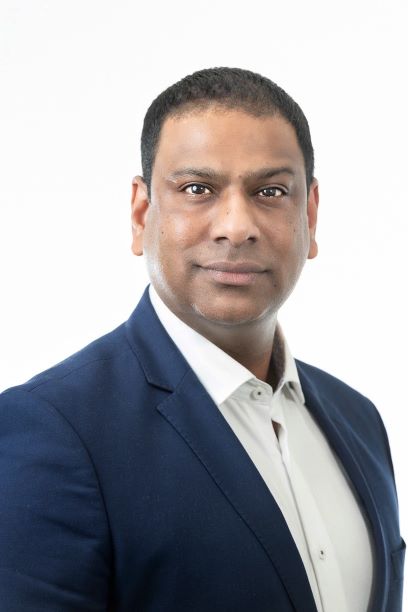Medicine #UnderTheScope: Celebrating LGBT+ contributions and addressing healthcare disparities
As LGBT History Month unfolds, it provides an opportune moment to reflect on the invaluable contributions of LGBT+ individuals within the realm of medicine and healthcare. With the theme “Medicine – #UnderTheScope,” this year’s celebration not only honours the tireless efforts of LGBT+ healthcare professionals but also casts a critical spotlight on the unique healthcare challenges faced by the LGBT+ community.
Throughout history, LGBT+ individuals have made significant strides in the field of medicine, despite facing discrimination and marginalization. From pioneering research in HIV/AIDS treatment to advocating for LGBTQ-affirming healthcare policies, their contributions have been instrumental in advancing medical science and promoting inclusivity within healthcare systems worldwide.
One notable aspect of LGBT+ involvement in medicine is their representation among healthcare providers, including staff in the National Health Service (NHS) and other healthcare institutions. LGBT+ healthcare professionals bring diverse perspectives and insights to patient care, fostering a more inclusive and understanding healthcare environment for all.
However, while progress has been made, challenges persist, particularly concerning the healthcare experiences of LGBT+ individuals. Studies have shown that members of the LGBT+ community often encounter barriers when accessing healthcare, including discrimination, lack of cultural competence among healthcare providers, and limited access to LGBTQ-affirming services.
Transgender and non-binary individuals face unique healthcare needs and disparities. Many encounter difficulties accessing gender-affirming care, including hormone therapy and gender-affirming surgeries, due to institutional barriers and inadequate provider training. Addressing these disparities requires a concerted effort to prioritise transgender and non-binary healthcare within medical education, policy development, and clinical practice.
Furthermore, the intersectionality of identities, such as race, ethnicity, socioeconomic status, and disability, compounds healthcare disparities within the LGBT+ community. Marginalized LGBT+ individuals often face heightened discrimination and barriers to care, exacerbating existing health inequities.
To address these challenges, it is crucial to implement comprehensive strategies that prioritize LGBT+ health equity. This includes enhancing cultural competency training for healthcare providers, implementing policies that protect LGBT+ patients from discrimination, expanding access to LGBTQ-affirming healthcare services, and fostering inclusive healthcare environments that respect and affirm diverse identities.
Additionally, amplifying LGBT+ voices and experiences in healthcare advocacy and policymaking is essential for driving meaningful change. By centering the lived experiences of LGBT+ individuals, healthcare systems can better understand and address the unique healthcare needs and challenges faced by the community.
As we commemorate LGBT History Month with the theme “Medicine – #UnderTheScope,” let us celebrate the contributions of LGBT+ individuals to the field of medicine and redouble our efforts to ensure equitable access to healthcare for all. Together, we can create a future where every individual, regardless of sexual orientation, gender identity, or expression, receives compassionate, affirming, and high-quality healthcare.

